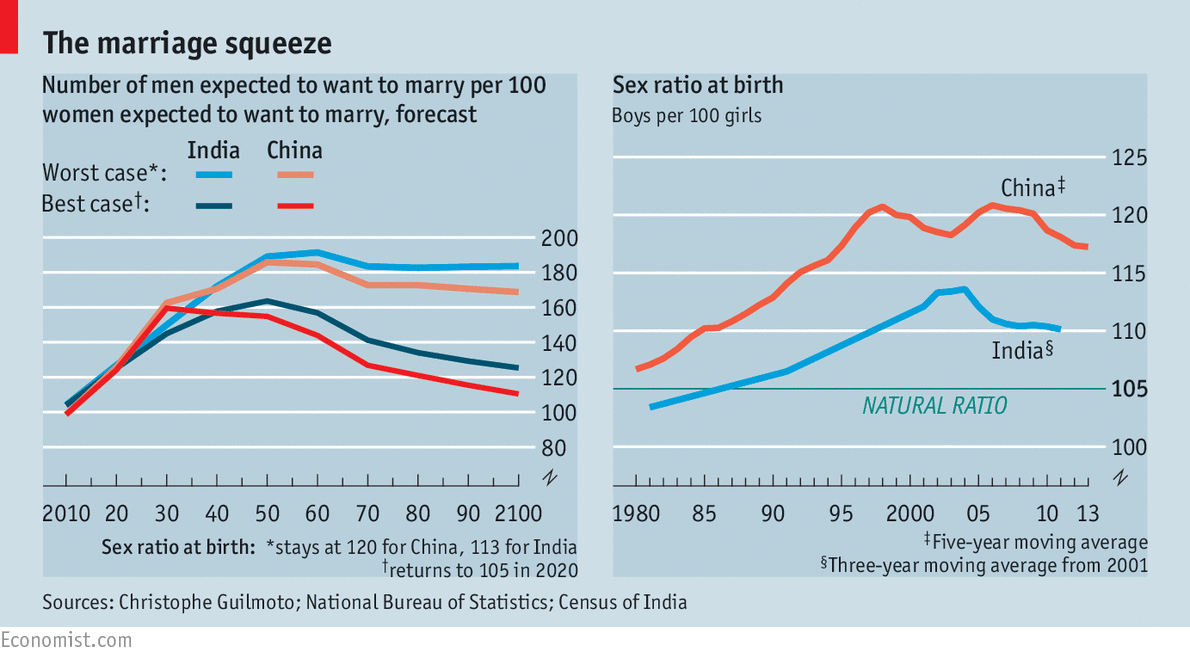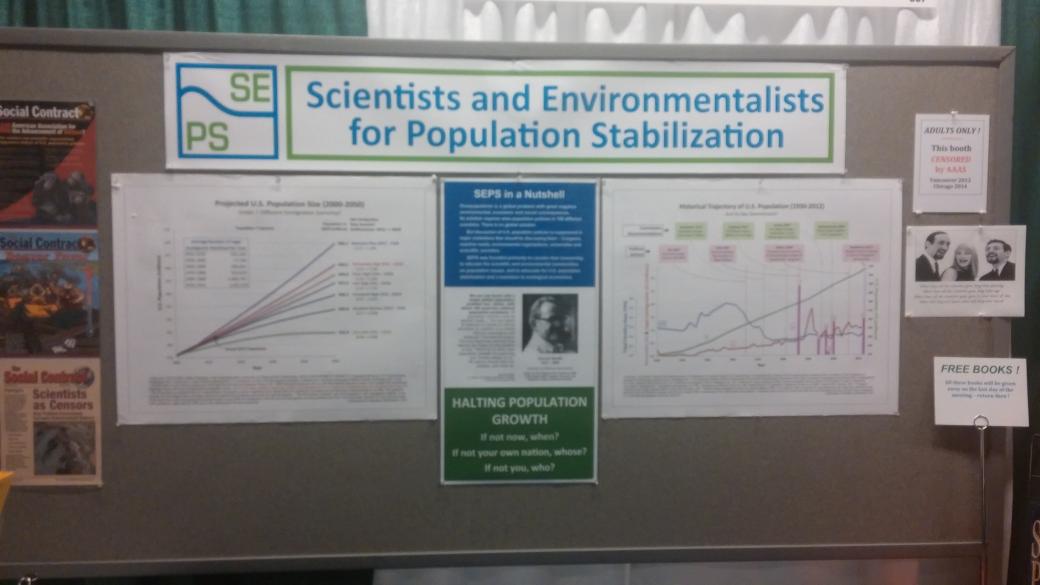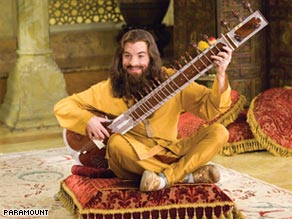I could read poems on my own, yes. After all, we live in the modern world where practically every poem that is worth reading is only a mouse-click away.
But, there are two hassles with this approach. One, I have come to believe that poems are for the ear than for the eye. I recall attending Frank Bidart's poetry reading a few years ago and sitting there transfixed listening him. The same poem on paper was not even half impressive.
Second, poets write one thing and mean something else that I am supposed to decipher. Poems, that way, are like women where we men are left smashing our heads into concrete walls yelling, "why couldn't you have said that in the first place?" ;)
Take the much quoted T.S. Eliot line, "April is the cruellest month." In order to understand this line, I will then have to read the whole damn long coded stuff the guy wrote decades ago. At least if a poet read that out, I can pay attention and enjoy the rhyme and the reason. On my own, everything is without rhyme or reason!
And when I tried reading that once, it was a Ulysses experience--as in I barely got started and I shut it off and went to play a round of bridge! But, as I scanned through, I came across the Sanskrit word of shanti. I wonder what the whole damn thing is about. I will never know; I blame it all on the big fat slapper.
Whether or not April is the cruellest month, it is coming to an end in this part of the world. In the old country, it has already ended and the real cruelty will begin, with the heat and dust of the Indian summer. So, as a bridge between the old and the new country, with the segue provided by shanti via Eliot, perhaps I can close out this poetry month with a couplet from the old country.
The rhythmic and mellifluous chant of this couplet is a sheer joy to listen to in a real world setting:
- puranam adah, purnam idam, purnat purnam udacyate
- purnasya purnam adaya purnam evavasisyate.
That is infinite, this is infinite;Of course, the infinite that is referred to here is way more than mathematical concept, and if often interpreted through hours and hour of lectures that are devoted to each and every word in the couplet. But, hey, it is poetry where words mean way more than what we think they are!
From That infinite this infinite comes.
From That infinite, this infinite removed or added;
Infinite remains infinite
May peace be with you!






.PNG)








